|
We were pleased to see construction underway for a planning permission we achieved for a replacement house on the River Thames. The case had raised issues of flooding, ecology, riparian rights, highways, trees, effect on neighbours, and the question of a modern design in a prominent location facing open land on the opposite bank of the river. Permission was granted by the Council at planning committee, with praise given for the sensitivities of the scheme. We look forward to seeing the completed house, which will be our client's own home,
Client: private householder
0 Comments
We continue to advise clients regarding the change of use of commercial premises to provide flats through the prior approval route, where details need to be submitted to the local planning authority to take advantage of the relaxation of permitted development rights. A recent scheme saw a large 1980s office building converted into a range of flats in a prime central location.
Client: private developer We provided heritage advice for this Grade I listed property on Belgrave Square, London. Planning permission and listed building consent were granted under delegated powers for internal and external changes to the building, including new mansard roof and a rear extension to provide a new entrance to the building.
Client: Norwegian Embassy We have obtained planning permission for a dramatic new house in the Cotswold countryside, consisting of renovating a much altered traditional house to create a new family home with extensive additional living accommodation. The property lies in a wooded valley, where there were issues of ecology, landscape, trees and drainage to address. Permission was granted under delegated powers with no objections.
Client: private householder Planning permission had been refused on appeal for an extension to a house within the Green Belt and conservation area, and the landowner later approached us to explore how to achieve an extension. We appraised the policy situation and established a case could be made that national policy in fact allowed for such an extension, despite the conclusions of the appeal. We liaised with an architect to prepare a new application with careful policy justification for the extension, and the application was approved under delegated powers.
Client: private landowner Planning permission has been granted for an additional storey and part change of use in buildings to the rear of mixed commercial and residential premises in a neighbourhood town centre, outer London. The project raised issues of design, parking, effect on neighbours, lighting for the new dwelling, effect on commercial space, contamination and sustainability. The application was approved under delegated powers.
Client: G&O Properties A project small in scale, but detailed in complexity. Planning permission had been granted for a large outbuilding to the rear of a substantial house in the Holland Park area of Kensington. Alterations were made during building to improve construction and incorporate sustainability measures, but the resulting building was differen to that approved. Enforcement action followed. The case at appeal concerned not only the differences between the approved and the as-built scheme, but analysis of what controls the Council actually had on the building, as well as the impact on the conservation area and neighbours. The appeal was allowed and the outbuilding can remain.
Client: private householder We were pleased to be involved with the local Scout Group in a planning application to replace their ageing Scout Hut with a new, zero-carbon Hut. We assisted in managing the project which had issues of trees, structural matters, access and relationship with neighbours, which led to the delegated approval.
Client: Sunningdale Scout Group A small project, but complex given the background to the case. We obtained a Certificate of Lawfulness for works to a house in the Green Belt, Buckinghamshire, which followed a series of refused planning applications at the house. The client wished to extend and alter the property and we advised on ways to secure this through the permitted development route, and so avoid the need to apply for planning permission again.
Client: private householder Planning permission has been granted for a small studio space close to the centre of Hampstead village. A pre-application submission had been made by our client which raised a number of tricky issues on this tight site, and our client then came to us to advise on how to address the matters and negotiate with the planning officers. We assisted in the formal planning application and, in advising and answering all the issues, we achieved permission under delegated powers.
Client: private landowner |
Categories
All
Archives
July 2024
See the old blog site for more work from
2012 and 2011 |
|
Telephone: 01344 297094
Email: [email protected] |
Members of the Royal Town Planning Institute and the Federation of Small Businesses.
© Leigh & Glennie Ltd 2018 | Data protection policy | Design by Jane Glennie

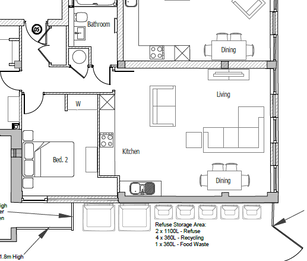
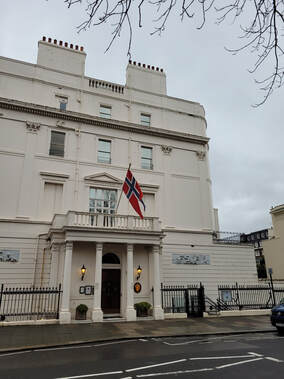
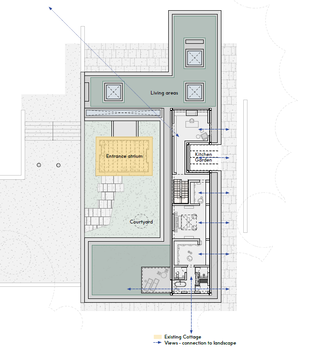
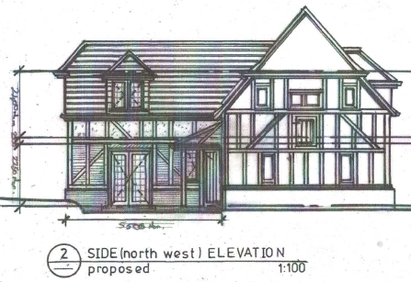
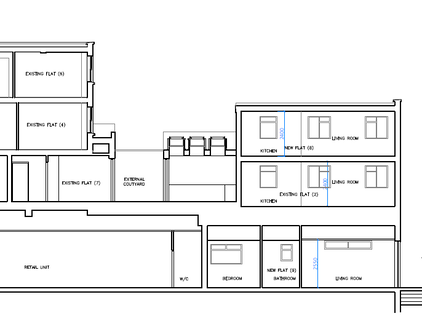
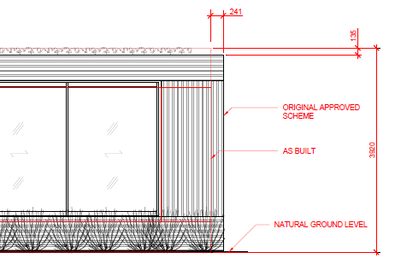

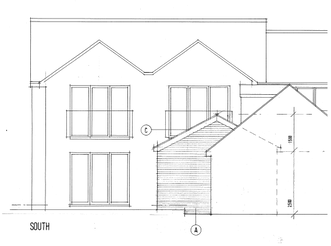
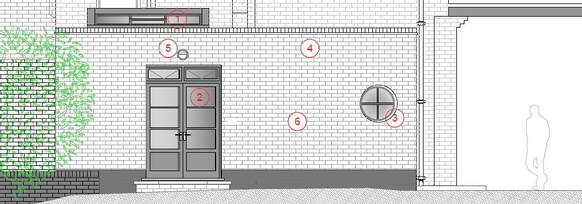

 RSS Feed
RSS Feed

